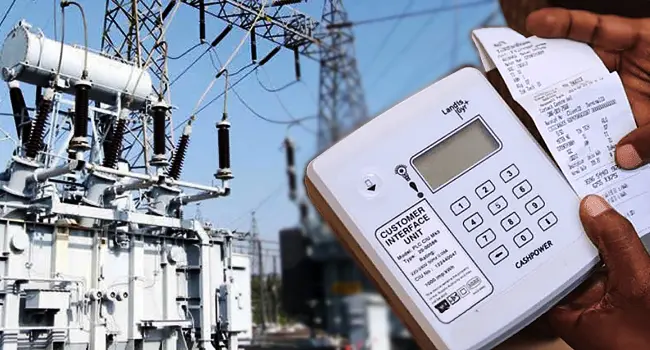In a rare and refreshing display of responsiveness to public sentiment, the Enugu Electricity Regulatory Commission (EERC) has revised the electricity tariff for Band A customers, marking a critical step in aligning utility pricing with the economic realities of Nigerian households and businesses.
This move is not just commendable, it is necessary. For too long, Nigerians have grappled with soaring energy costs without a commensurate improvement in service delivery. The Band A classification, which covers consumers meant to enjoy 20–24 hours of electricity daily, became a source of frustration for many who paid higher tariffs but often received erratic power supply.
By adjusting the tariff downward, or revisiting the structure altogether, EERC has acknowledged a truth most regulatory bodies too often ignore: people are struggling.
From inflation to currency devaluation, fuel subsidy removal, and rising food prices, the average Nigerian has been stretched to the limit. Energy costs have become an unbearable burden for small businesses, schools, hospitals, and millions of households. In this context, the EERC’s action reflects not only economic sensitivity but a genuine concern for public welfare.
More importantly, the decision sets a precedent for responsible governance and regulatory flexibility. It proves that economic regulation can be both pro-market and pro-people. The EERC has shown that tariffs must not only make financial sense to power companies but must also be fair, equitable, and affordable for the people they serve.
Of course, this tariff adjustment is not the final solution. Nigeria’s power sector still faces deep structural challenges, from weak transmission infrastructure to metering deficits and gas supply issues. But pricing reforms that take into account public hardship represent an important starting point.
This moment also offers a valuable lesson for other electricity distribution companies and regulatory agencies across the country: listen to the people. A sector built on the backs of consumers must not treat those same consumers as afterthoughts.
We encourage the EERC to follow this move with stronger enforcement of service standards, transparent communication, and continued engagement with consumers. A responsive regulatory system must also ensure that power providers deliver on their promise—especially to those still paying a premium under the Band A classification.
In conclusion, the EERC’s tariff revision is a laudable act that balances economic principles with human dignity. It is a small but meaningful victory for accountability, and a reminder that good governance is still possible, even in difficult times.























